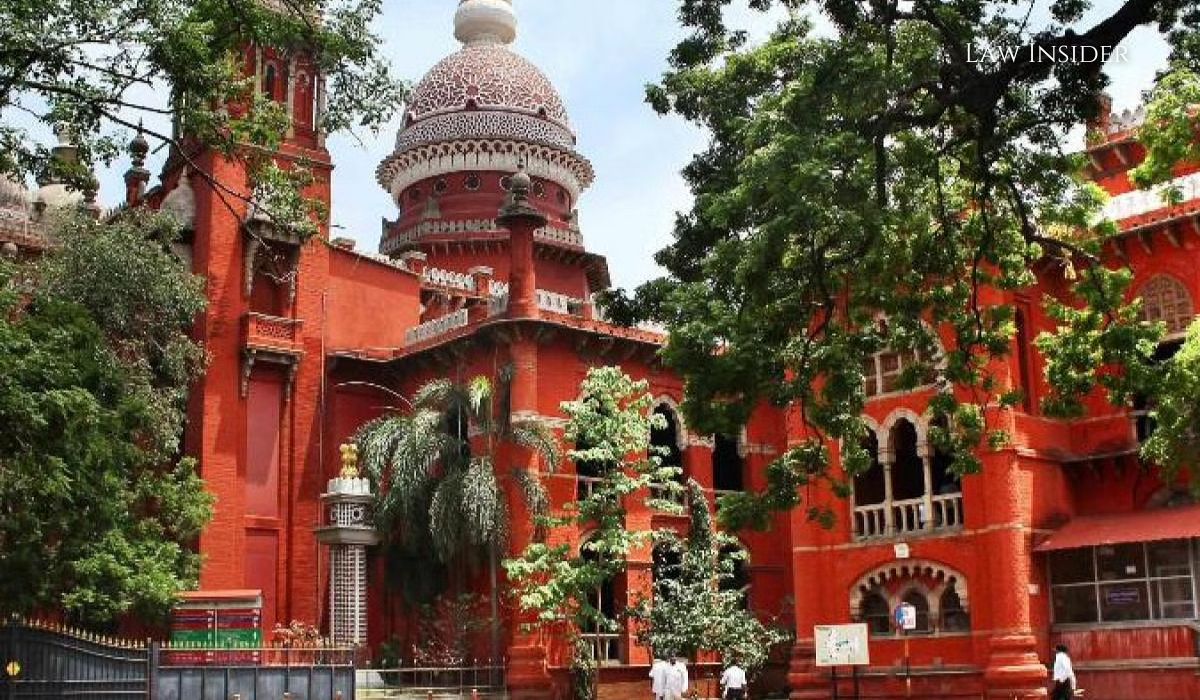LI Network
Published on: December 14, 2023 at 15:30 IST
The Madras High Court, in a recent bail hearing, raised a significant query regarding whether a conspiracy to assassinate a Hindu religious leader could be classified as a terrorist act under the Unlawful Activities Prevention Act (UAPA).
The court granted bail to Asif Musthaheen, who had been arrested by the Tamil Nadu police under UAPA charges last year.
The prosecution had asserted that Musthaheen conspired to kill Hindu religious leaders, including members of the Rashtriya Swayamsevak Sangh (RSS), thus committing a terrorist act under Sections 18 and 38(2) of the UAPA.
However, the High Court, comprising Justices SS Sundar and Sunder Mohan, found insufficient evidence to conclude the existence of a terrorist activity or conspiracy, leading to the grant of bail.
The court posed the question of whether a plot to assassinate a Hindu religious leader in itself could be considered a terrorist act.
In its observations, the court stated, “The question as to whether the killing of Hindu religious leaders by itself can constitute a terrorist act is debatable.”
It emphasized that, based on the materials presented by the prosecution, it could not definitively conclude the existence of a conspiracy to commit a terrorist act, though a conspiracy for other illegal activities was acknowledged.
The court clarified that its remarks on a prima facie case under Sections 18 and 38(2) of the UAPA were made solely for the purpose of the bail application, taking into account the broader possibilities of the case.
It also highlighted the lack of clarity on whether the police obtained the required sanction for prosecution within the mandated seven days of acquiring evidence, a matter to be examined during the trial.
While acknowledging that the collected materials might lead to a conviction, the court asserted that indefinite detention pending trial was untenable.
It allowed the bail application, considering the delay in obtaining the necessary sanction as a valid ground to waive the prohibition on bail, as stipulated by Section 43 D(5) of the UAPA.

